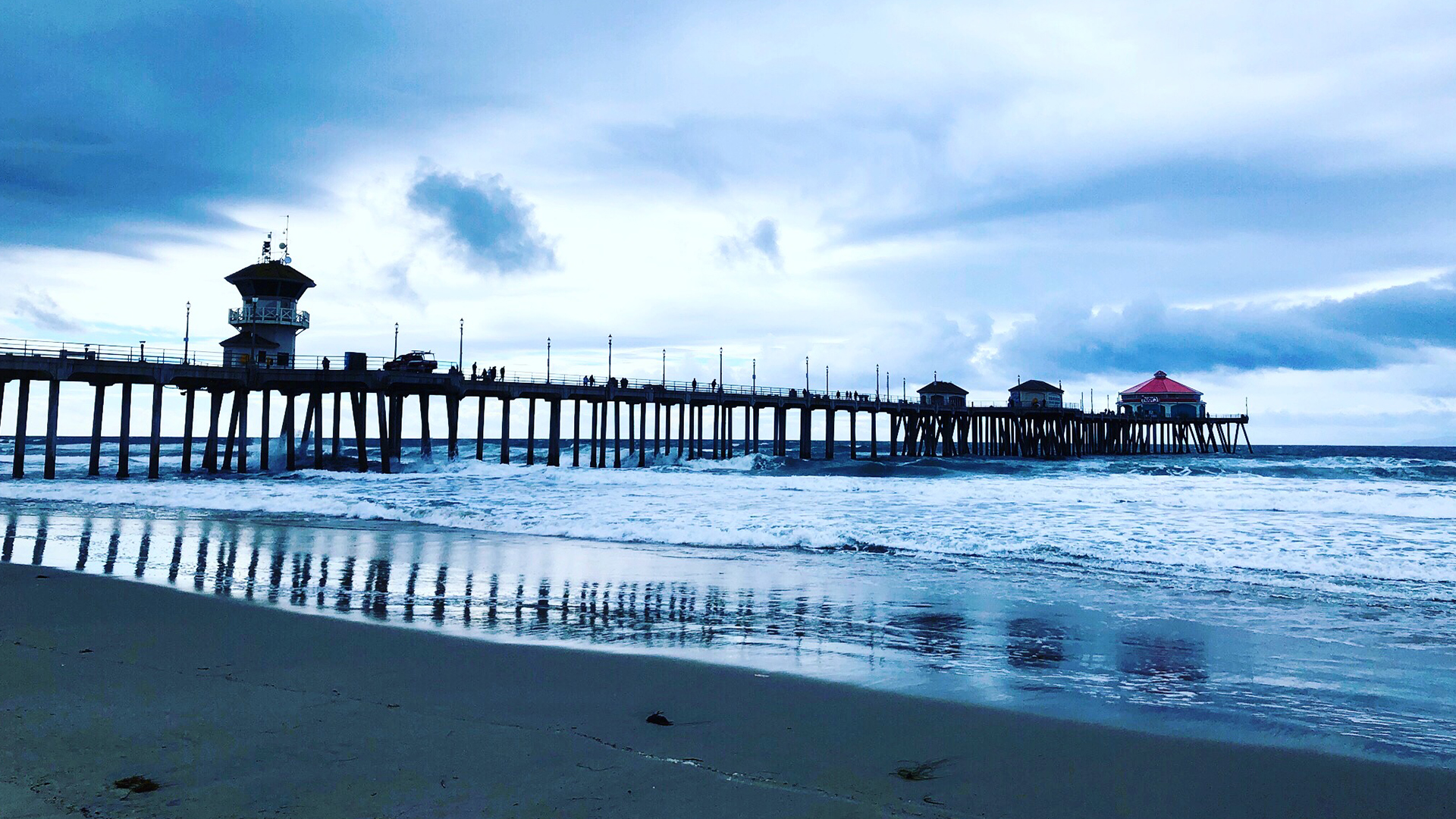“…merely adding a few unfamiliar names to the curriculum, something already fiercely resisted by the conservative and reactionary right, won’t advance global thinking, as distinct from the institutional aims of “inclusivity” and “diversity.” Something more radical and arduous will be required to avoid the total conceptual loss suffered by the Crow Indians: the interrogation of an intellectual tradition that distorts our sense of reality, and the relearning of world history, with the recognition that fundamental assumptions about the inferiority of nonwhite peoples have tainted much of our previous knowledge and analysis.”
[from The New York Review of Books]





















